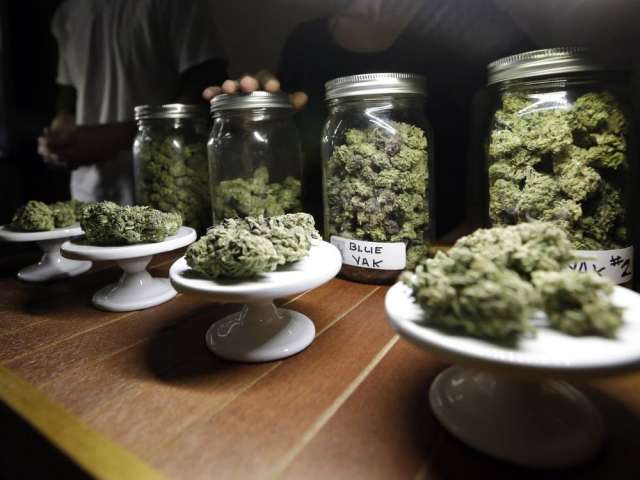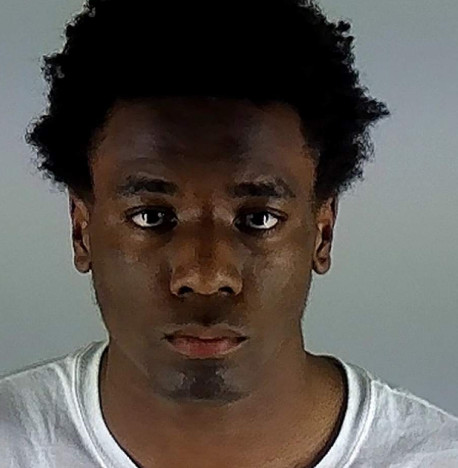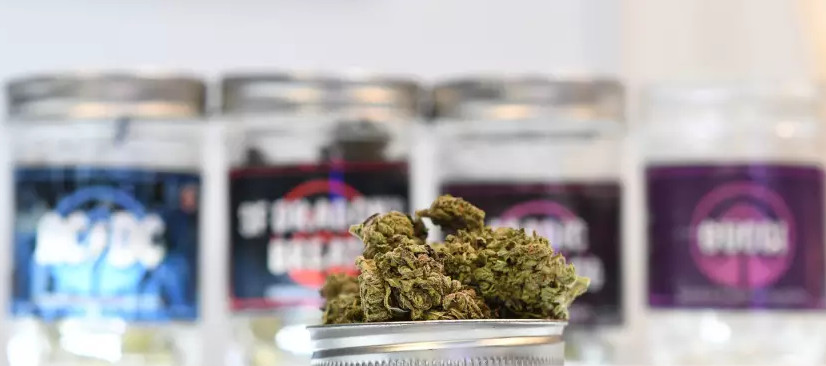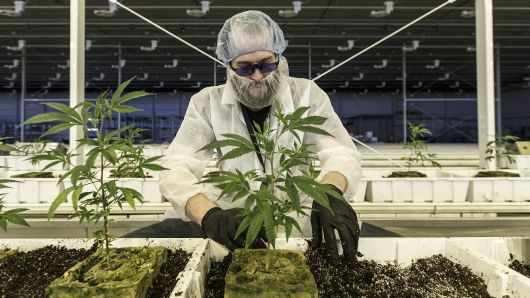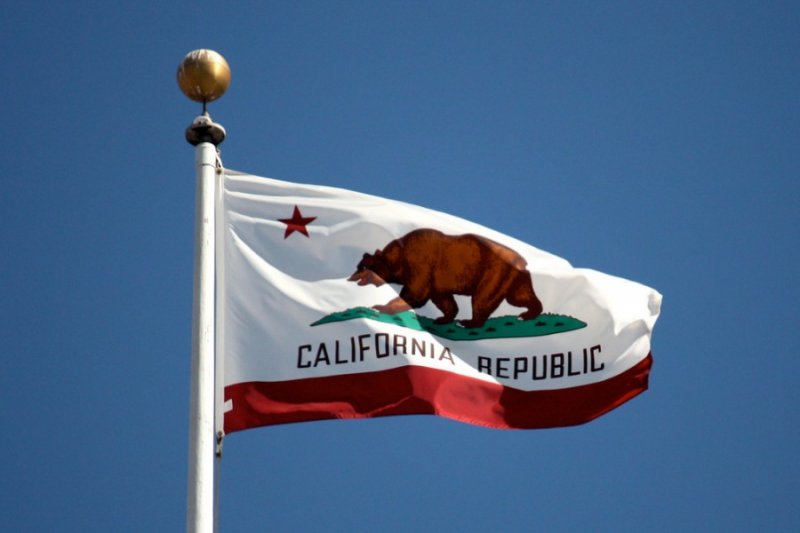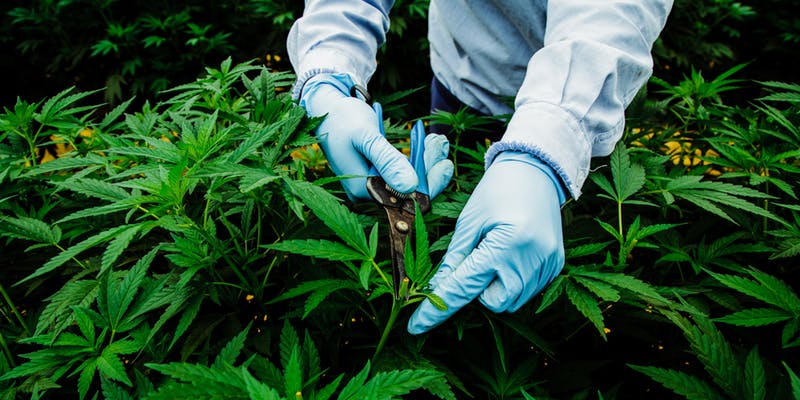B.C.’s online pot shop will offer 117 different strains and varieties of legal weed, cannabis minister reveals
Back when marijuana was illegal on both sides of the Canada-U.S. border, the thought of two high-profile politicians arguing about which country has the best weed would have seemed absurd.
Not anymore. With legalization of recreational cannabis looming in Canada, Solicitor General Mike Farnworth is sticking up for B.C. Bud.
“The best in the world … that’s what people say,” said Farnworth, the government’s point man on legal cannabis. “Anyone who says otherwise would get an argument.”
He was responding to comments from a California congressman who suggested a Canada-U.S. marijuana free-trade agreement would not go well for Canadian pot producers.
“If California had the ability to export cannabis to Canada, we’d put everyone out of business,” bragged Democratic Congressman Luis Correa. “California grows the best cannabis in the world.”
“A few people up here would disagree with that,” fired back Farnworth, who said he’s about to prove how good B.C. bud really is.
The government is preparing to open its first pot shop when recreational marijuana becomes legal on Oct. 17.
Farnworth said the first government store, set to open in Kamloops, will sell more than 70 varieties and strains of marijuana.
“I think some people will be surprised by that,” he said. “Some of our critics have said, ‘They’re only going to have mass-produced product. It will be like the Budweiser of cannabis. That’s all they will sell.’
“That wont be the case. We made it clear from the start that we wanted a full range of products. Small, local growers. Craft cannabis.”
He said the government’s online mail-order pot store will offer an even wider variety.
“There will be more than 150 products on the online portal,” he said, adding offerings will expand further when edible marijuana products are legalized next year.
The government, though, is taking heat for opening just one brick-and-mortar store to start, while simultaneously threatening to shut down existing illegal dispensaries.
“The government claims they can’t open cannabis stores quickly, but the truly free-market model proves the dispensaries are supplying the demand right now,” said cannabis activist Jodie Emery.
Farnworth has promised cannabis enforcement squads called “Community Safety Units” with the power to raid illegal dispensaries without a warrant, seize pot and computers and shut operations down.
“It’s terrible,” Emery said. “We have a massive industry of peaceful cannabis growers and providers begging not to be criminalized.”
Medical-marijuana lawyer Kirk Tousaw said Farnworth will be making a mistake if he moves aggressively to shut the illegal dispensaries down.
“They have no business cracking down on an industry that has been servicing patients and non-patients alike for a long time with few problems and a lot of benefits.”
But Farnworth said a crackdown on the illegal dispensaries won’t happen immediately.
“There’s going to be a transition phase,” he said. “It’s not like we are going to go out on Oct. 17 and start doing things. We won’t be ready.”
He said enforcement against illegal dispensaries will ramp up only as more legal stores open. In the meantime, dispensaries will have an opportunity to apply for a legal operating licence (but with no guarantee they will get one).
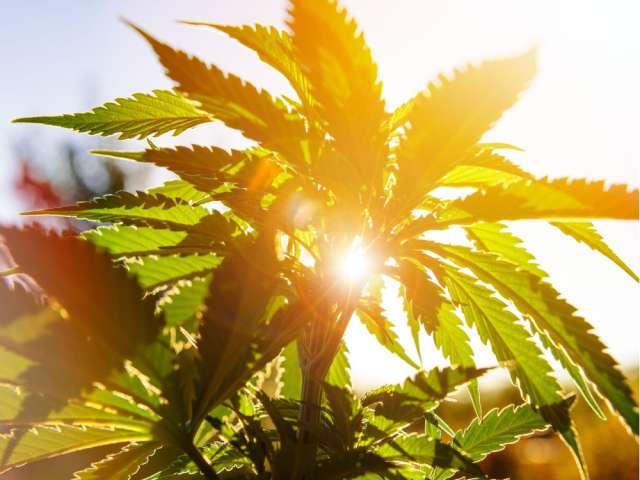
Credit: theprovince.com
Farnworth, meanwhile, said his more immediate concern is the threat of sanctions against pot smokers and B.C. cannabis workers by American border police.
“A lot of people are going to think, ‘It’s legal in B.C. and Canada. It’s legal in Washington state. What’s the problem?’ The reality is that it’s not legal at that border.
“U.S. border guards have an enormous amount of power. They have sniffer dogs. If there’s a trace of smoke in a vehicle, or if they see a cannabis package or a wrapper, they can deny you entry and you can get a lifetime ban on travelling to the United States.”
Farnworth is lobbying the Canadian government to seek a bilateral agreement with the Americans against possible border sanctions on Canadian pot workers.
“I have heard anecdotal reports about people who went down to the States to purchase (cannabis) equipment to bring back here. They were given lifetime bans from re-entering the States. Some lost their NEXUS cards.”
So what happens if an American border guard asks a Canadian cannabis worker what he or she does for a living?
“You have to be very careful about how you answer their questions,” Farnworth said. “We’re trying to figure out a way that if a person works in a government cannabis store, and they’re asked a question at the border, they can answer in a truthful way and it won’t cause problems.”
He said that might include dropping the “cannabis” from the name of the government’s cannabis stores, although he hopes a simpler solution is possible.
“The best scenario is for the federal government to solve this with the Americans,” he said.
In the meantime, border crossers would be wise to keep their mouths shut. And leave their weed at home.
Credit: theprovince.com

